
At any level of sport, minor injuries are likely to happen at some point. Whether you’re a professional athlete or just getting into sport, nearly everyone who takes part in a sport will at some point pick up a niggle or injury which can heal quicker with some appropriate medical attention.
We are a friendly, family practice with clinics in Grays and Whetstone, experienced in treating a wide range of minor sports injuries in people of all levels of fitness. We understand the frustration of picking up an injury and not being able to continue taking part in your chosen activity. We will help you get back into action as soon as possible, and give you advice on what you can do to speed up your recovery process and avoid further injury in the future.
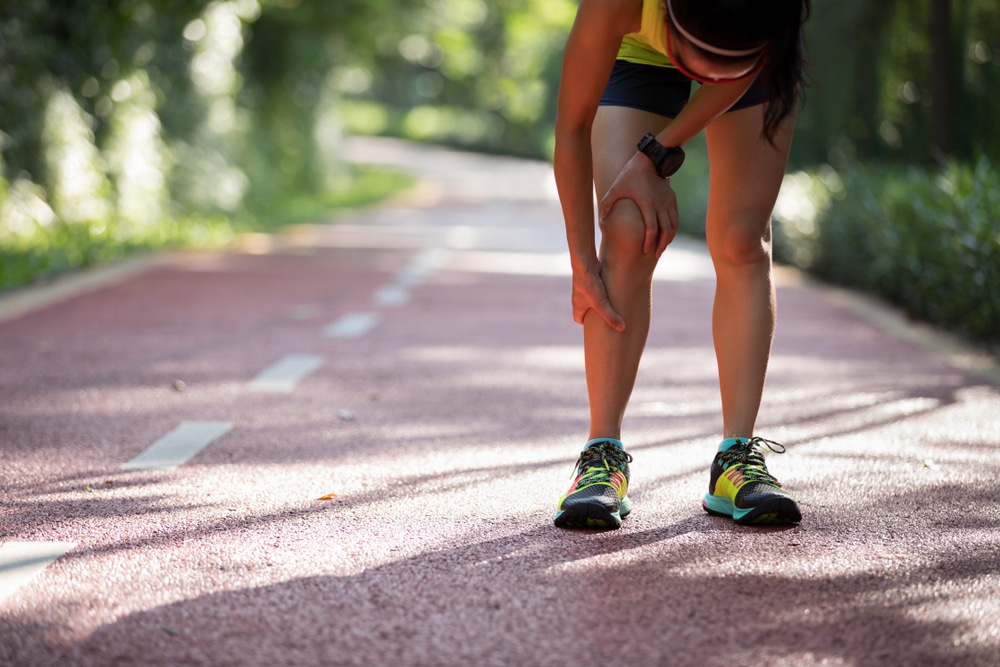
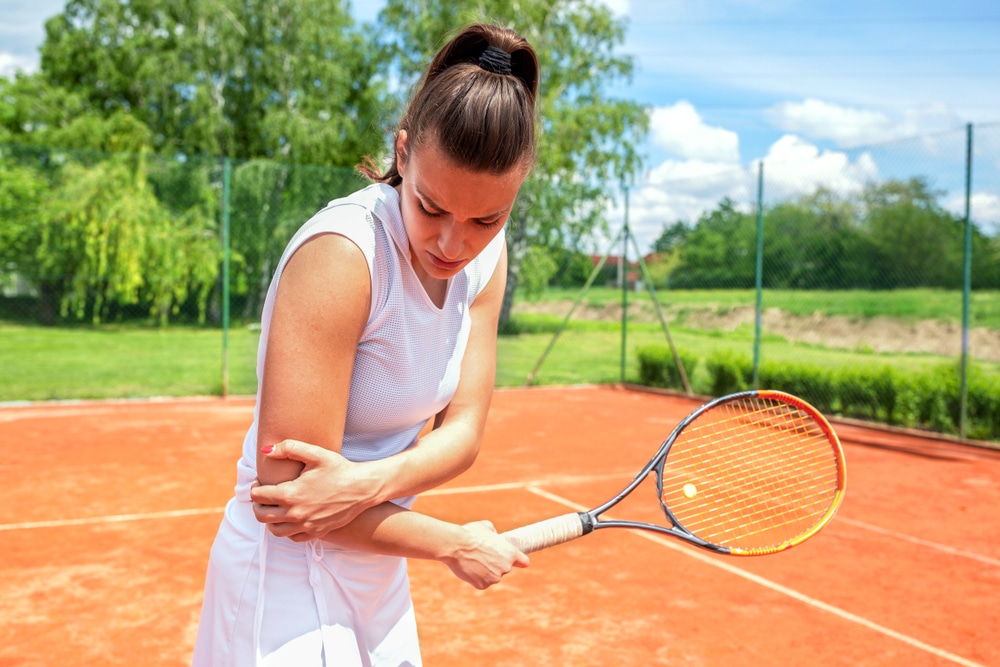
Sports injuries are broadly broken down into two types: acute and chronic.
Acute injuries are anything that happens suddenly, such as an injury caused by a direct blow such as a bad tackle or an awkward fall, and might lead to injuries such as a painful sprain or strain which prevents you from continuing in your activity.
Chronic injuries are injuries that build up over time and typically refer to repetitive injuries from performing the same action over and over again. These are often various forms of tendinitis, such as someone developing a tennis elbow (not limited to tennis players but anyone whose sport involves using their arms), or a runner developing plantar fasciitis (tendinitis of the foot). You may also develop a chronic injury from overusing a muscle, for example by working out one part of the body too often in the gym.



Depending on the severity of the injury and your level of fitness, many minor injuries such as sprains and strains will go away on their own. Rest is an important part of the healing process and you should aim to give the affected area time to heal. Listen to what your body is telling you and if you experience significant pain when using the injured part of the body then try to avoid doing so.
Stretching is important in recovering from most injuries, helping to maintain flexibility in the affected joint or muscle. The body’s natural healing mechanisms mean that muscles often tighten up to protect and restrict movement of an affected joint, and whilst this is a natural and appropriate reaction, gentle and appropriate stretching will help the healing process and ensure that the muscle tightness doesn’t lead to further problems. Self-massage – for example with a foam roller or massage gun – can also help the muscle to regain its suppleness and get rid of toxins.
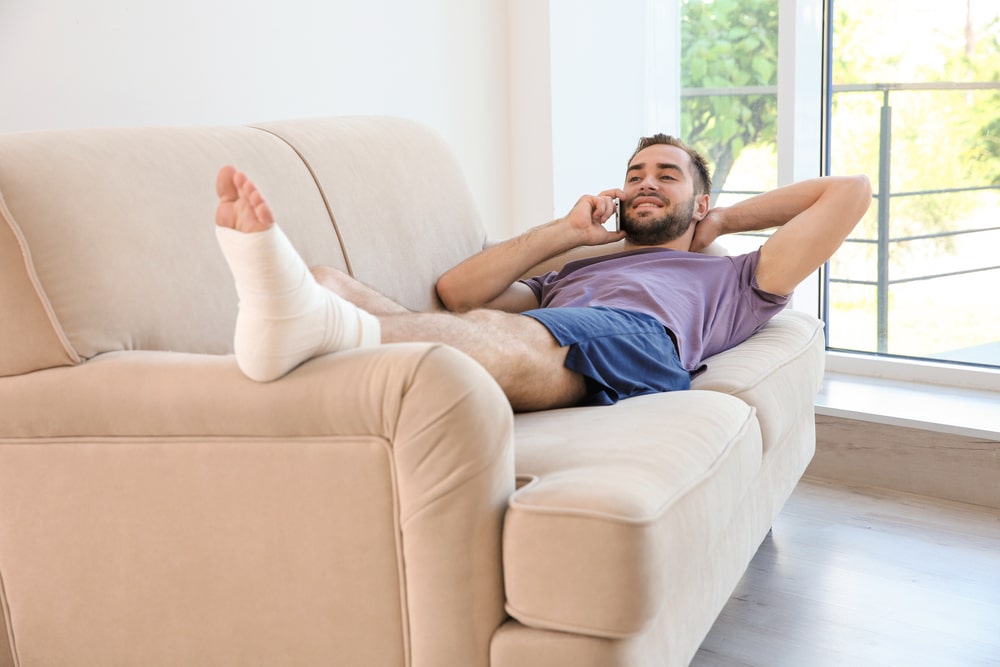
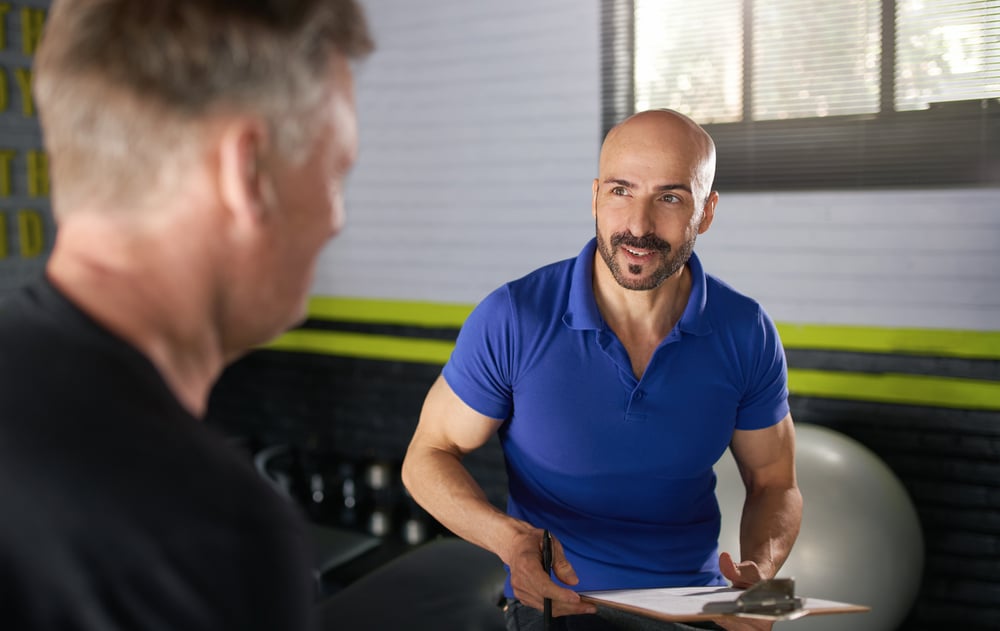
Ice has long been considered a useful self-treatment in the short-term following a sports injury, but has more recently been challenged by other evidence. Heat can also be beneficial as it can encourage the flow of healing blood into the affected area.
If your injury doesn’t start to feel better and is still bothering you after several days, seek out professional help. As well as treatment that will help you to recover faster, an experienced physical therapist such as our osteopaths can tell you exactly the right things to do for your particular injury. We can give you an approximate timeline for recovery and help you know when and how quickly you should begin returning to your chosen sport or physical activity.
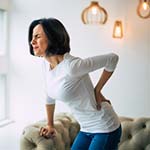
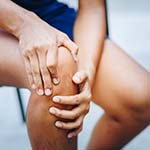
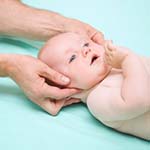

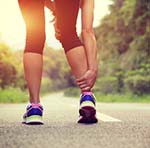
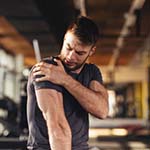
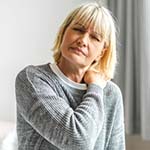

* Musculoskeletal pain brought on by pregnancy (e.g. back and joint issues)
** Musculoskeletal issues that are a factor in or caused by chronic pain conditions
Osteopaths treat a wide range of musculoskeletal and related conditions. Osteopathic treatment is particularly suited to back and neck aches, joint and muscle pains such as sprains and strains, minor sports injuries, and joint or back pain brought on by pregnancy, or by lifestyle factors such as driving or office work.
Osteopathy can also often help in the management of chronic pain conditions such as fibromyalgia. We treat joint and muscle issues which may have arisen as a result of the chronic condition, or which may be an underlying or aggravating factor.
Osteopathy is a hands-on physical therapy that is extremely well-suited to the treatment of minor sports injuries. Osteopaths use a wide range of physical therapy techniques including direct joint and spinal manipulation, stretching and mobilisation, and soft tissue work such as deep tissue massage and myofascial release. Many osteopaths also use dry needling – also known as Western acupuncture.
Osteopathy is a bespoke and holistic treatment, meaning your osteopath can get to the root cause of any problem and treat not just where it hurts but why it hurts. Especially in the cause of chronic sports injuries, the problem you are experiencing might not stem from the painful area itself but from tightness or other problems in a different area, causing a chain reaction. Osteopaths are experts at understanding the relationships between different areas of the body and selecting the right treatment modalities to ensure the quickest possible recovery.
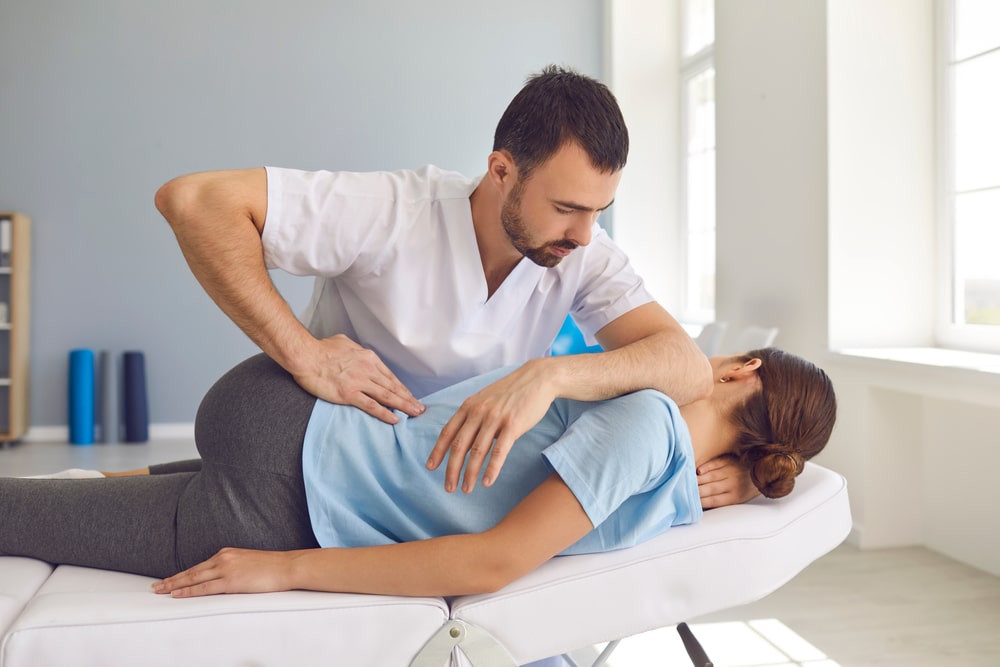
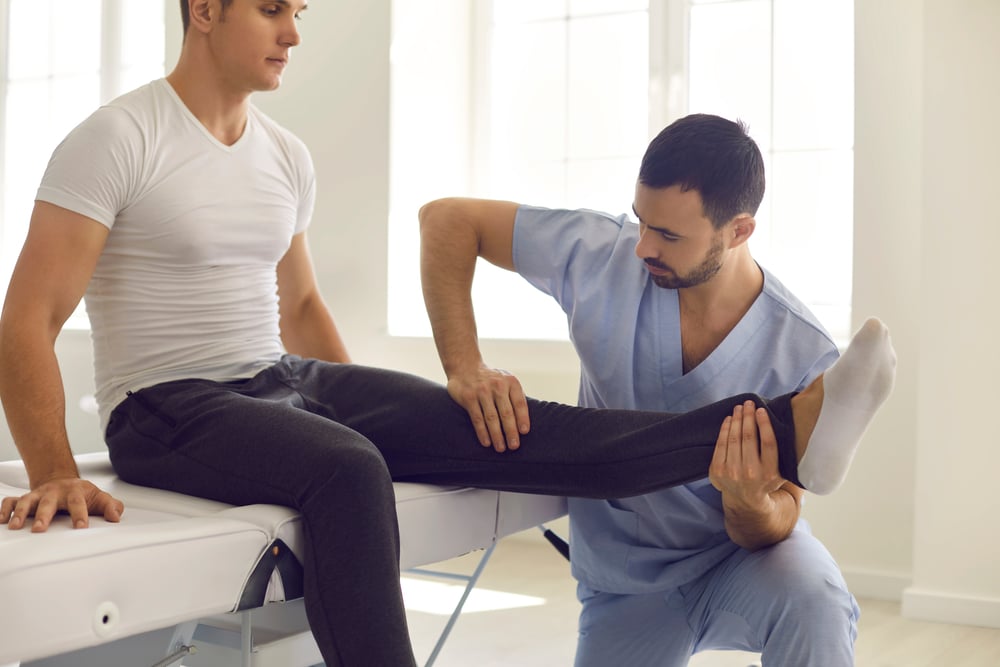
All osteopaths complete a minimum 4-year degree and are registered with and regulated by the General Osteopathic Council. Our practitioners are additionally registered with the Institute of Osteopathy. Osteopaths are First Contact Practitioners, meaning we can effectively diagnose your problem, and refer you to scans, x-rays or other treatment if ours is not the most appropriate for your condition
If you have any questions about osteopathy and how we might be able to help in your particular case, please don’t hesitate to contact us and we will be pleased to advise. You can also read more about osteopathy on our osteopathy page.
Here at Blackshots, we are a small and friendly clinic and we pride ourselves on a welcoming and professional approach. Our resident practitioner, Paul, has been with us for a number of years.
Paul treats all ages from newborns, to older patients with aches and pains or mobility issues. He draws on his wide experience and training in soft tissue work, structural, cranial, and visceral approaches, tailoring his treatment to the unique needs of the patient. Special fields of interest include respiratory diseases and cervicogenic headaches.
Paul is registered with the General Osteopathic Council, is a member of the Institute of Osteopathy, and is recognised by most private health insurers.
We are a small and friendly clinic consisting of Paul, Taylor and Hema. We’ve worked together as a team for over five years, and pride ourselves on a welcoming and professional approach.
When not working we enjoy playing with our dogs, and spending time with family and friends.
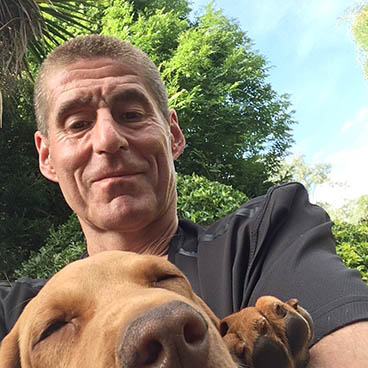
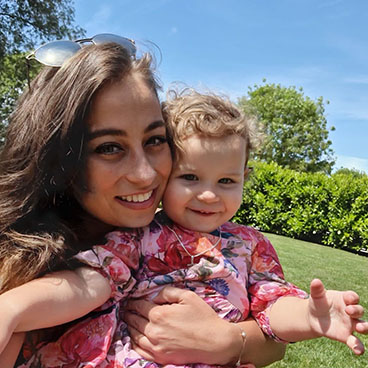
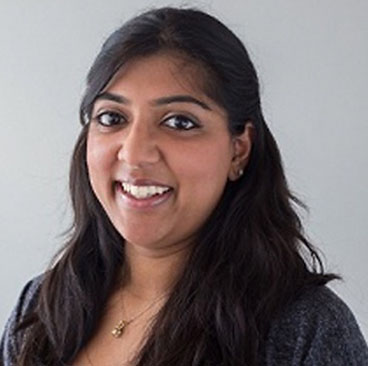
Once recovered from your injury there are many ways you can help yourself to avoid further injury in the future. This might be simple things like getting plenty of rest and avoiding overtraining, plus your osteopath can also help you to ensure you have the right technique, equipment and warm-ups. For example we can advise on the correct type of shoe for your particular gait and biomechanical makeup, and show you the specific stretches or exercises that will help to keep your body able to deal with the demands of your particular sport
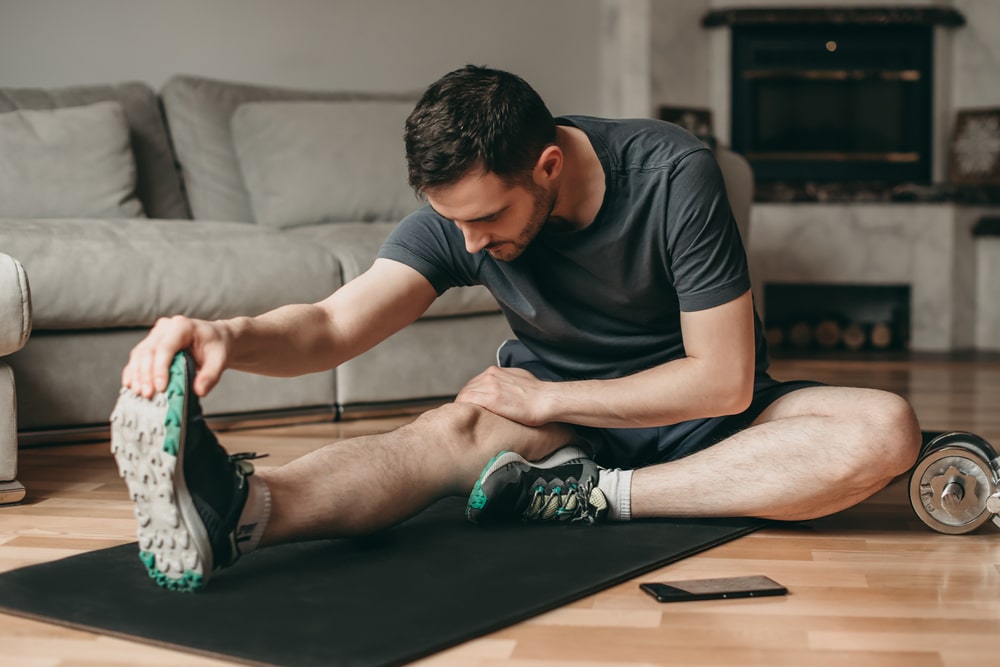
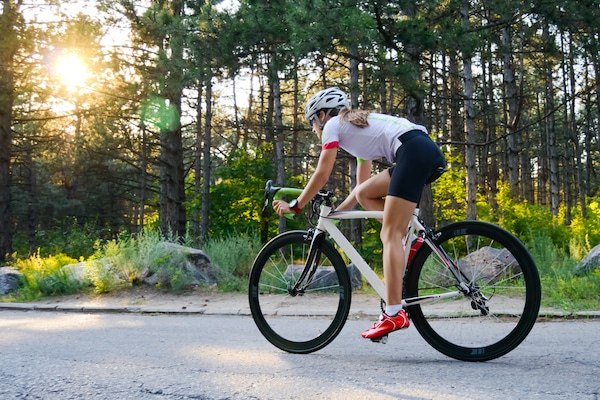
We operate a full sports injury clinic at our osteopathic clinics in Grays, Essex, and Whetstone, North London. We are a friendly, family clinic with many years experience in treating minor injuries in people at all levels of sport and will help you to get back to full fitness in the quickest possible time.
Making an appointment is quick and easy using the online system, and if you have any other questions about your recovery from sports injury please don’t hesitate to contact us.
Monday 9am – 8pm
Wednesday 9am – 8pm
Friday 9am – 7pm
Tuesday 8am – 1pm
Saturday 8am – 1pm
Booking is quick and easy with our online system, allowing you to select the appointment you want, and to book and pay online.
If there is anything you would like to discuss before making an appointment, please don’t hesitate to contact us. Please also note we have a 24h cancellation policy.
Initial appointment for new patients
Follow-up appointment for continuing treatment
Initial appointment for new patients
Follow-up appointment for continuing treatment
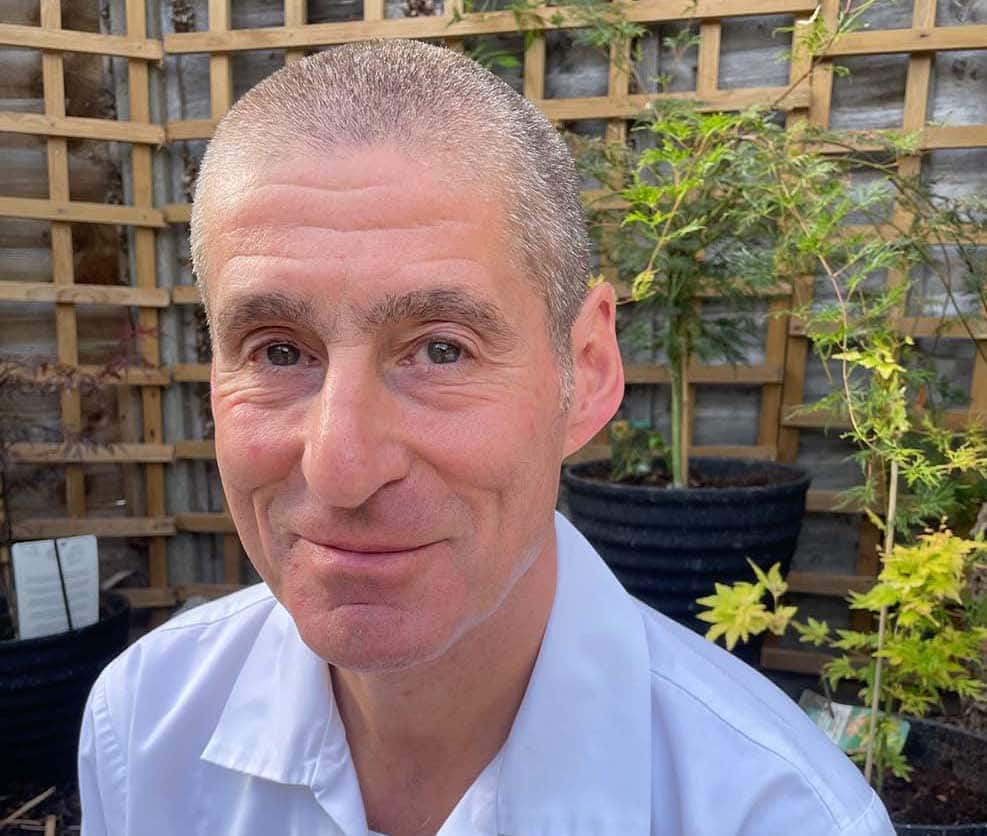
The information on this page has been reviewed for accuracy by Paul Naisbitt, osteopath. Paul holds an MSc in osteopathy and is registered with the General Osteopathic Council.
Grays Clinic
61 Blackshots Lane
Grays
Essex
RM16 2JX
01375 377034
North London Clinic
36 Greenside Close
Whetstone
London
N20 0PA
0208 343 8112
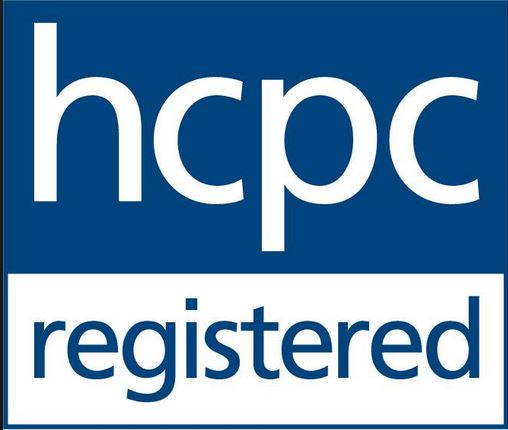
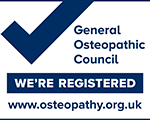

Web design by Market Your Clinic Online